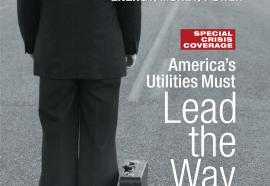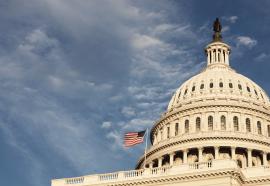Conquering Time
Understanding the value of pumped storage.
Pumped-storage technology allows utilities to defer the time value of energy, but project developers have struggled to make their economics work. Increased demand for ancillary services and standby capacity might make pumped storage more viable.











